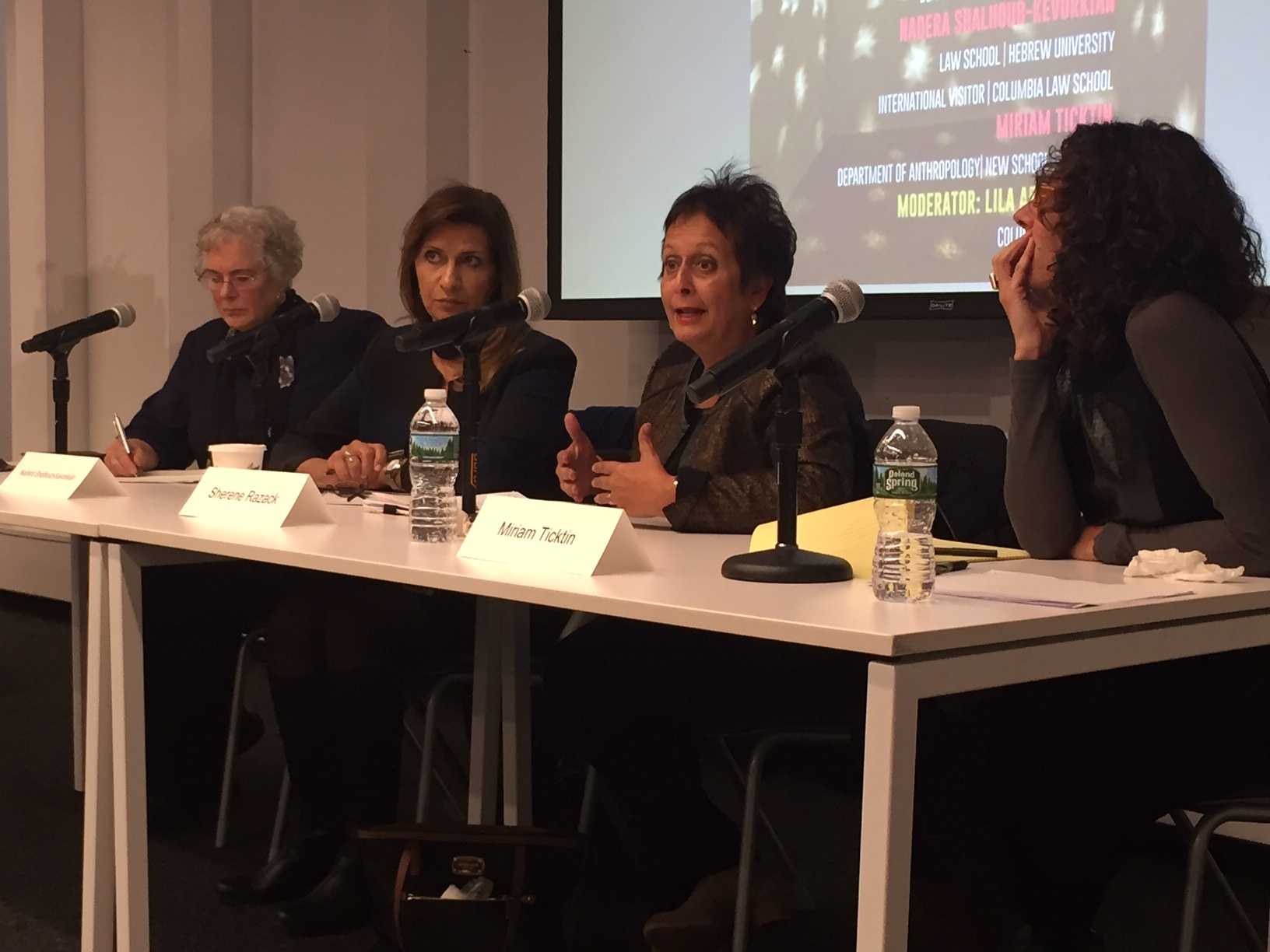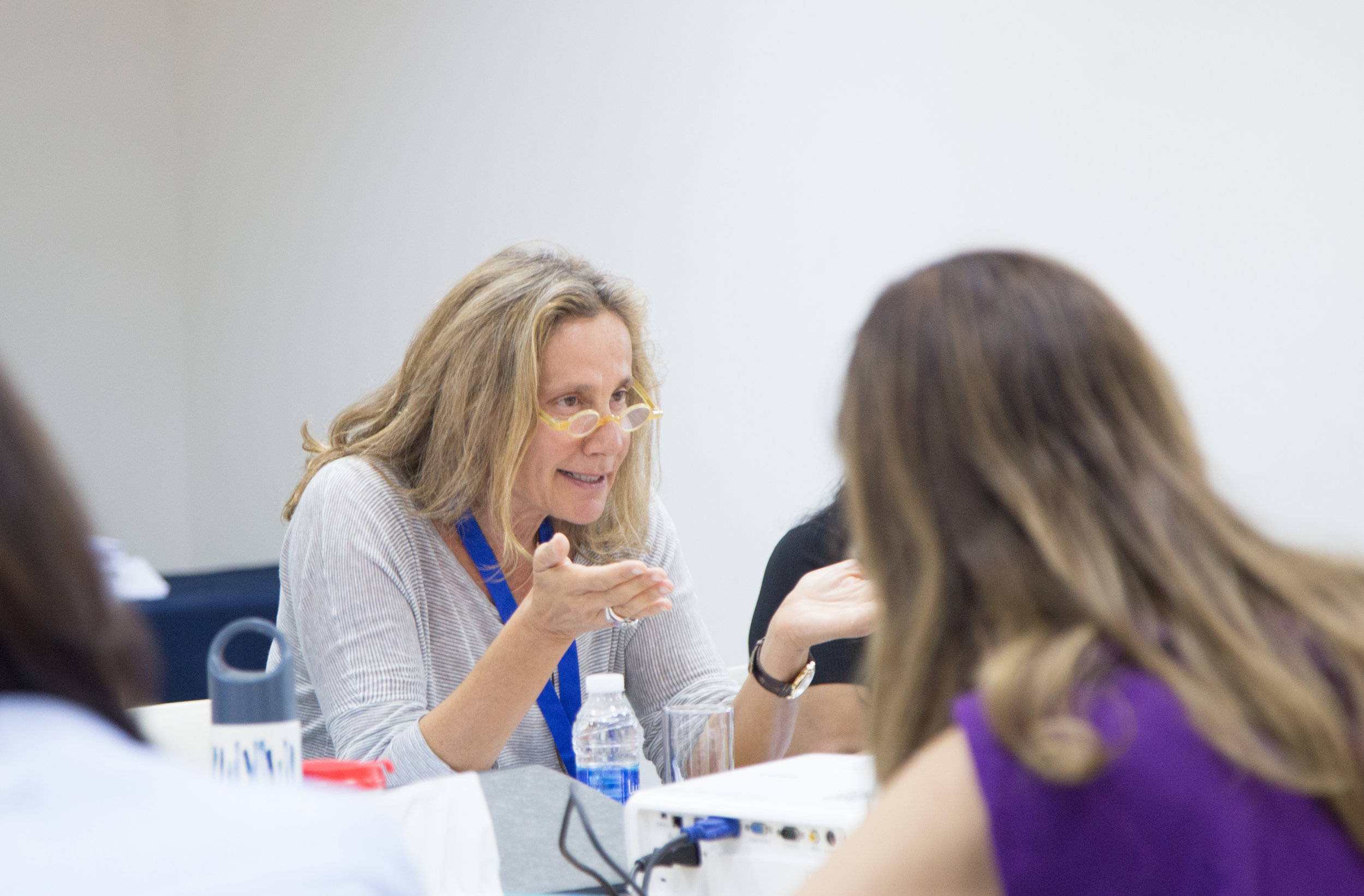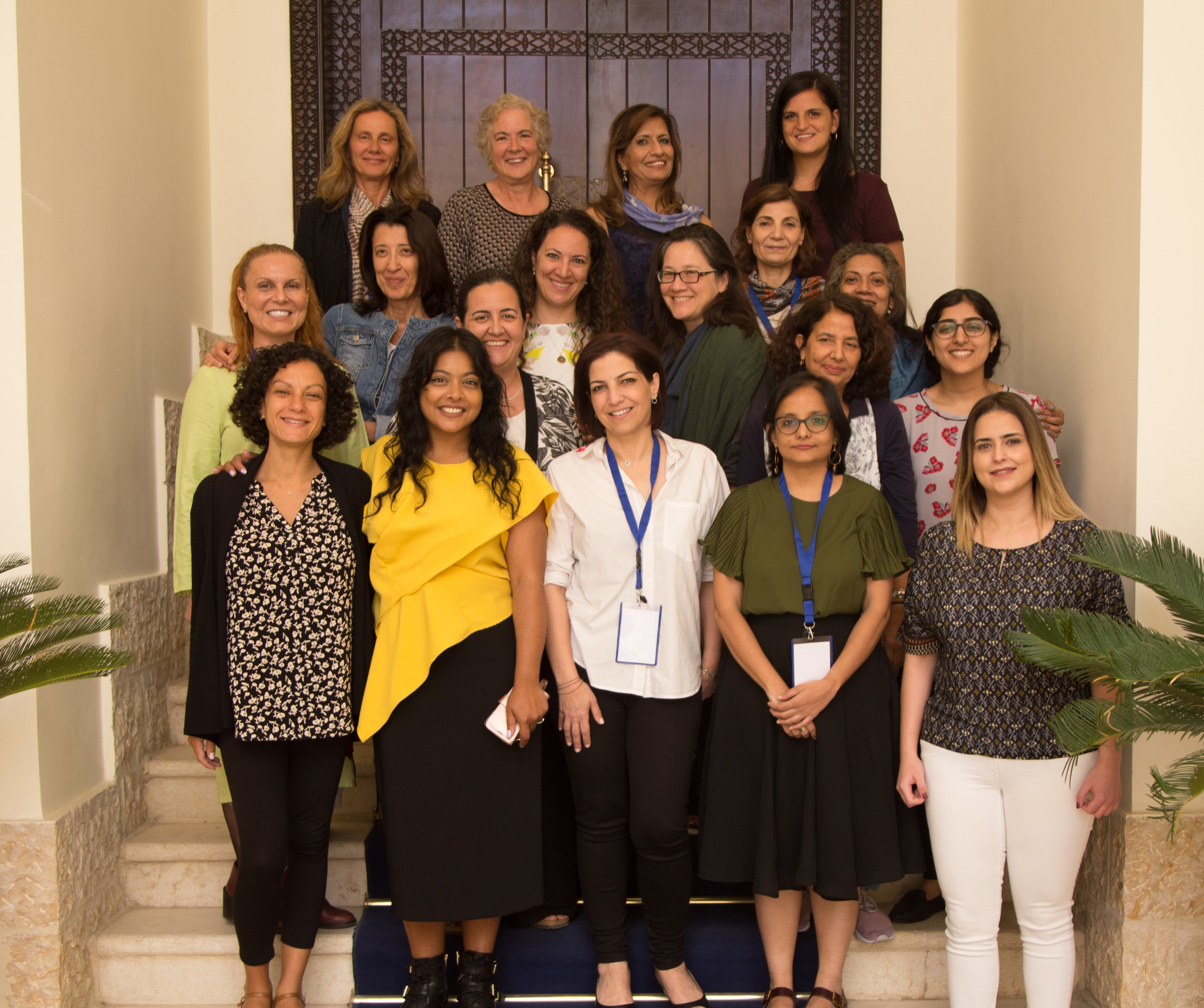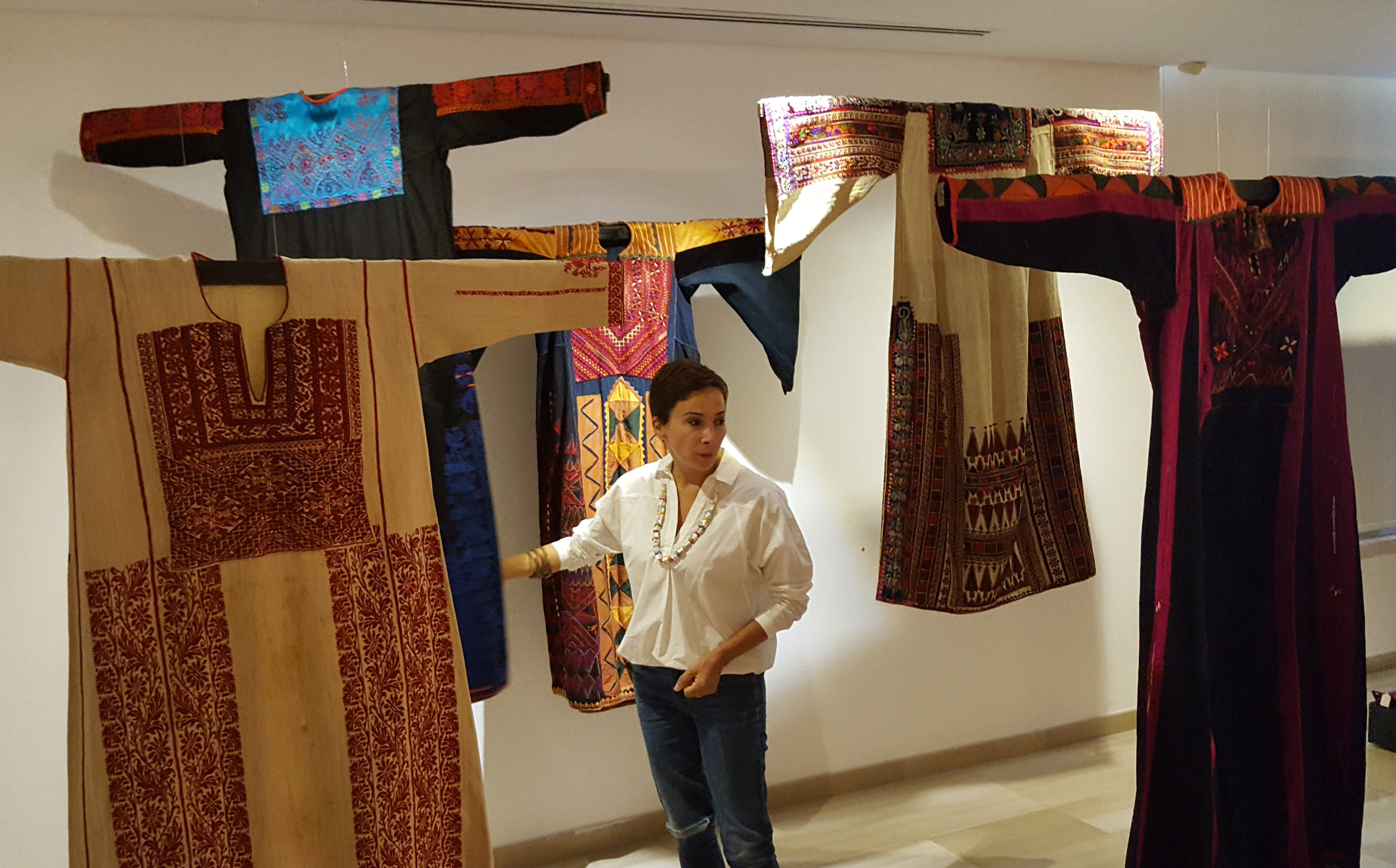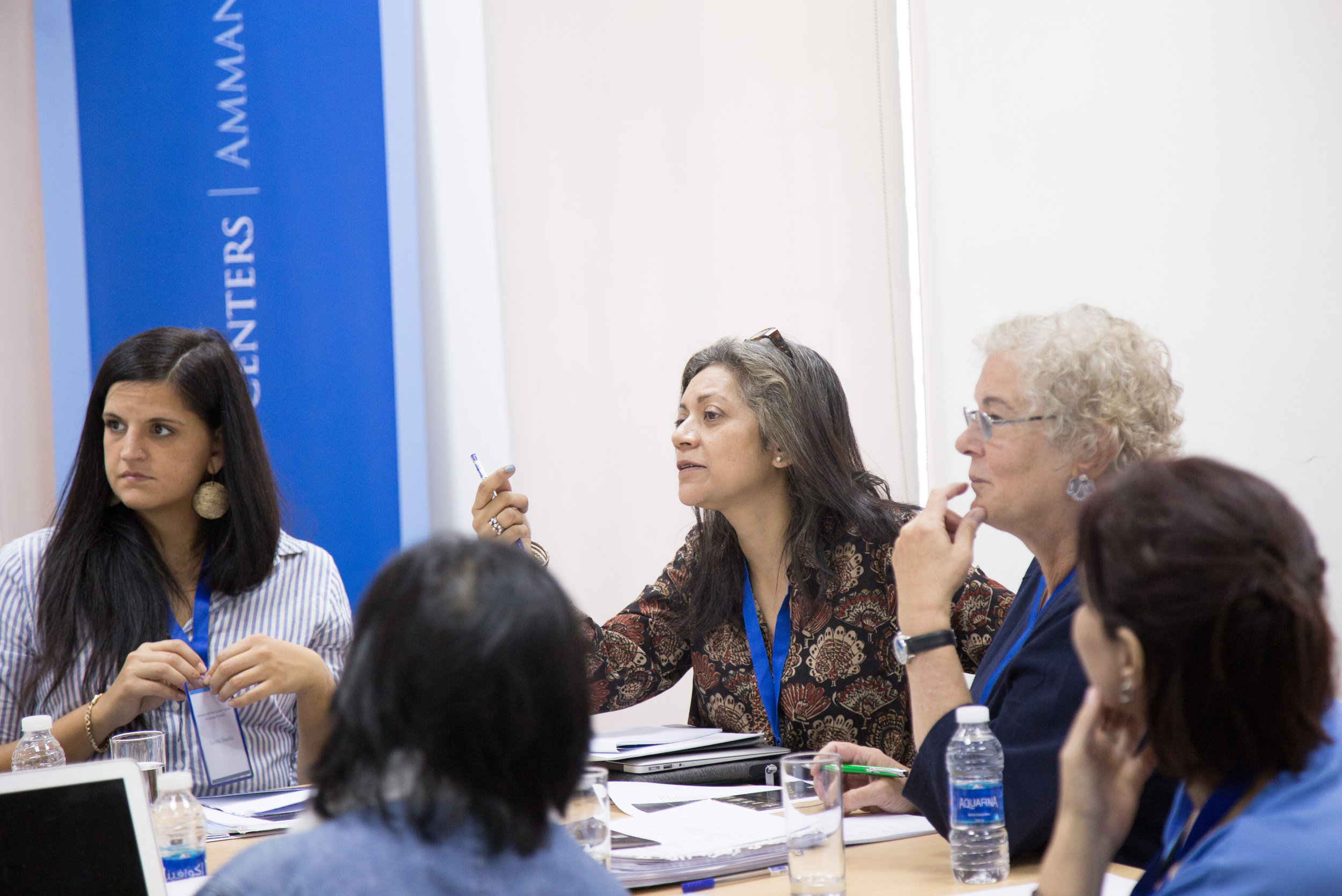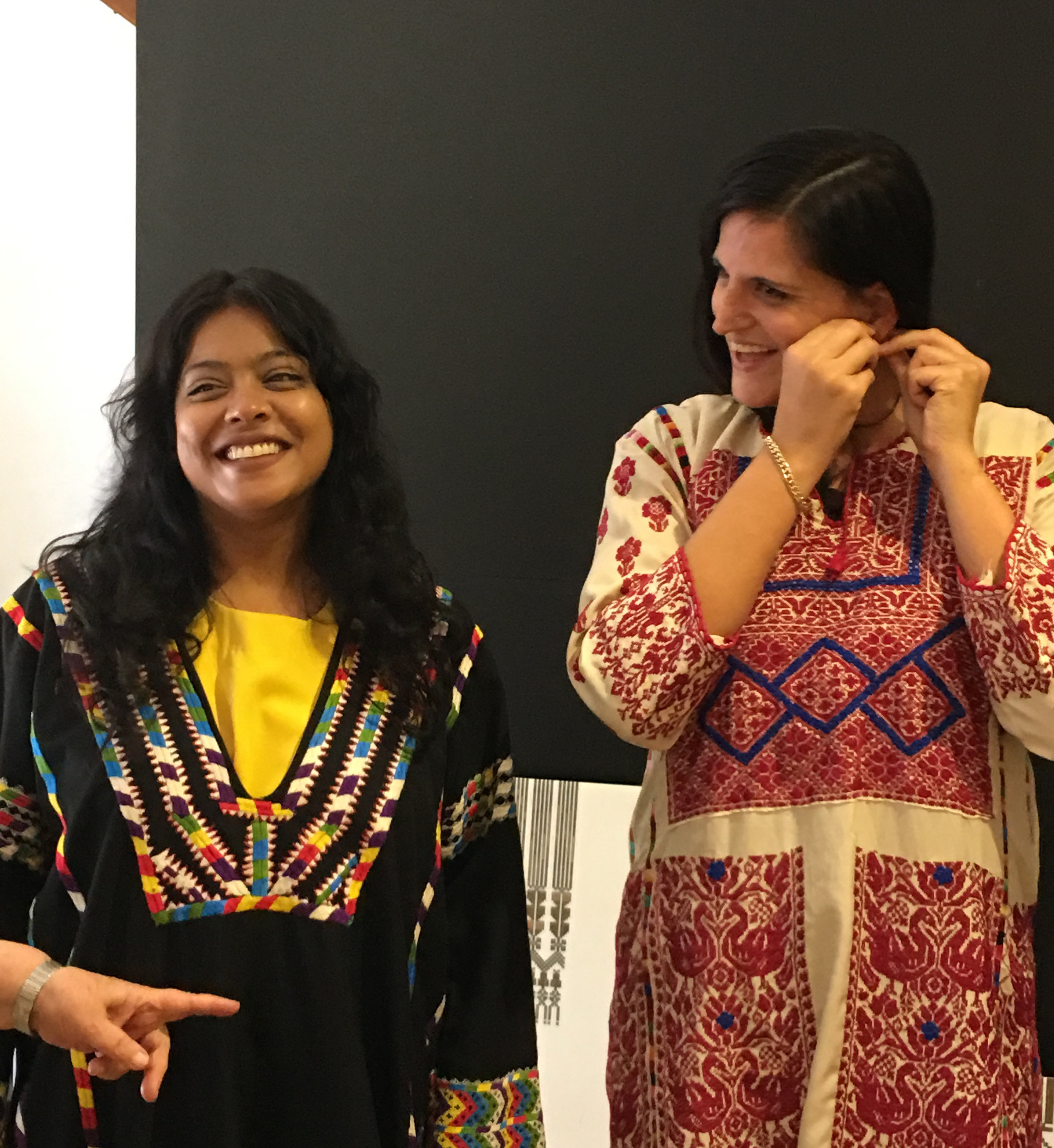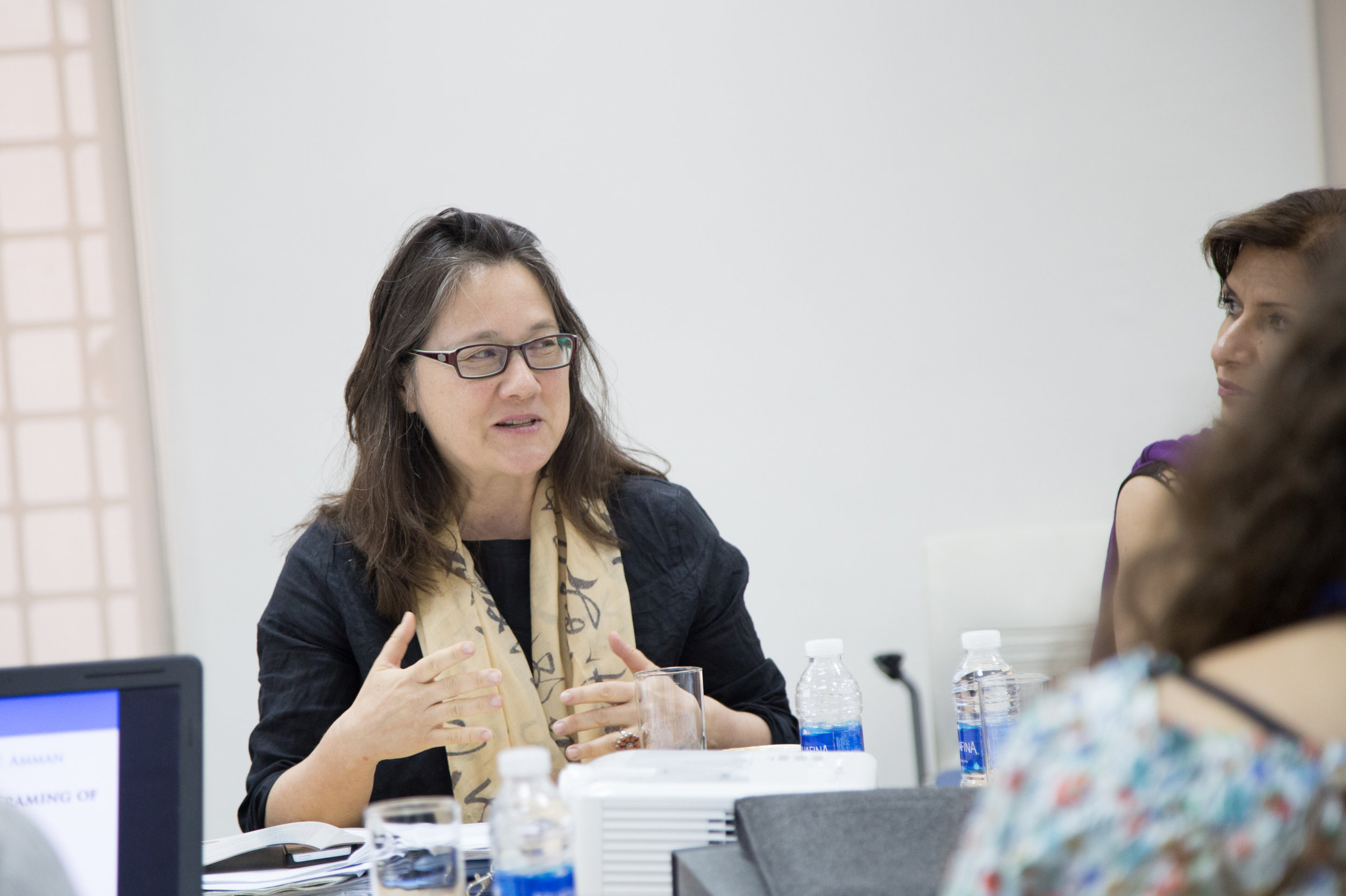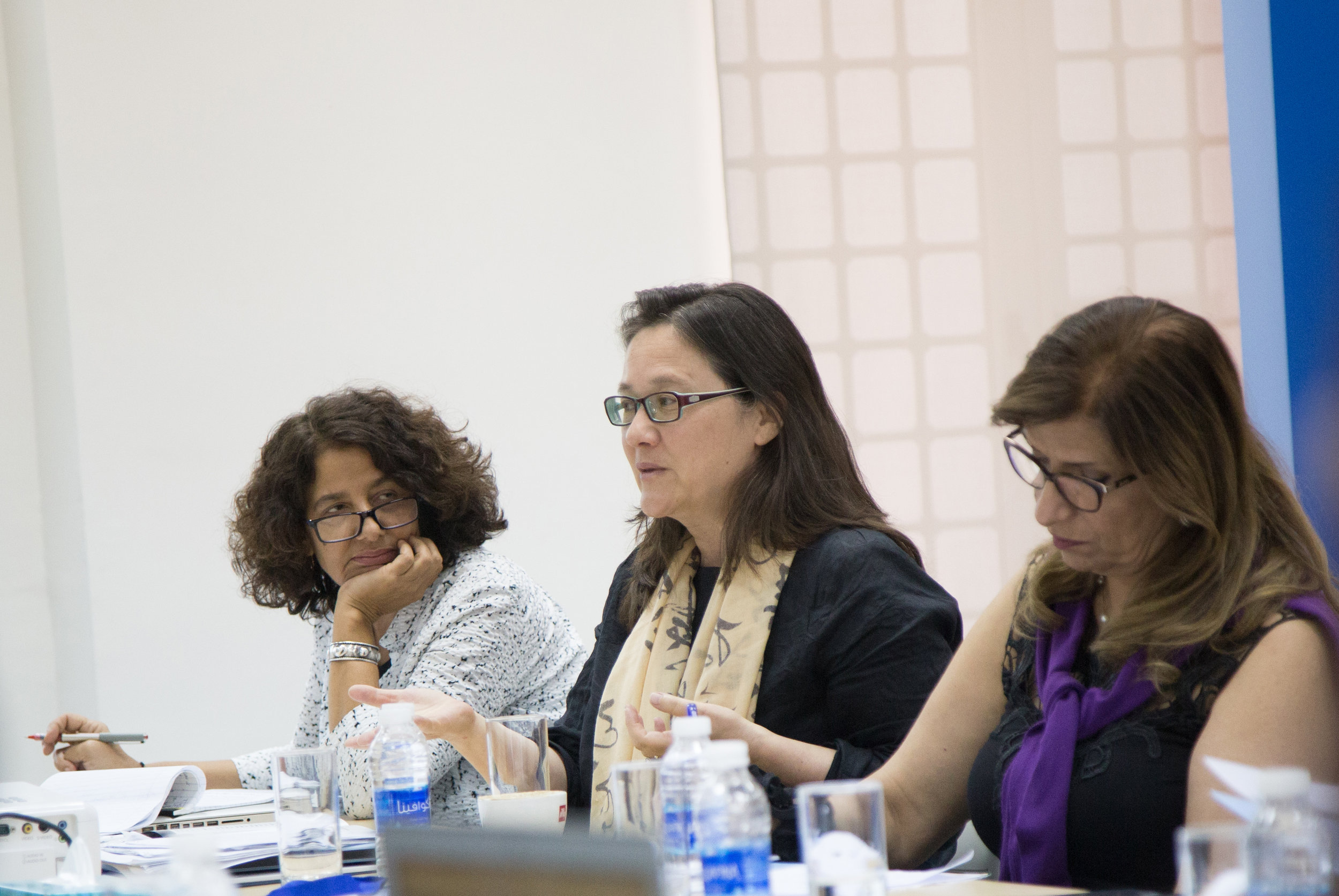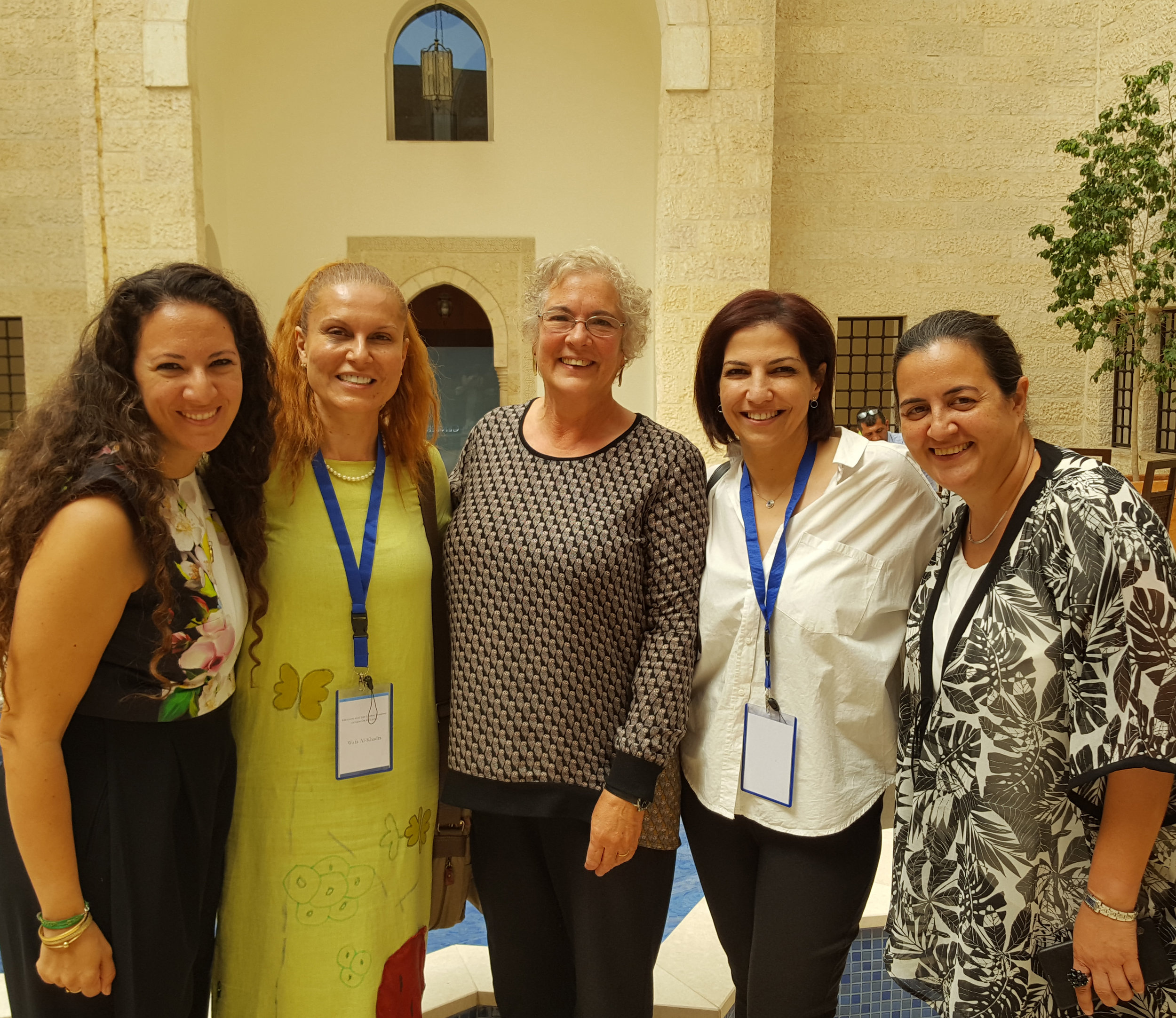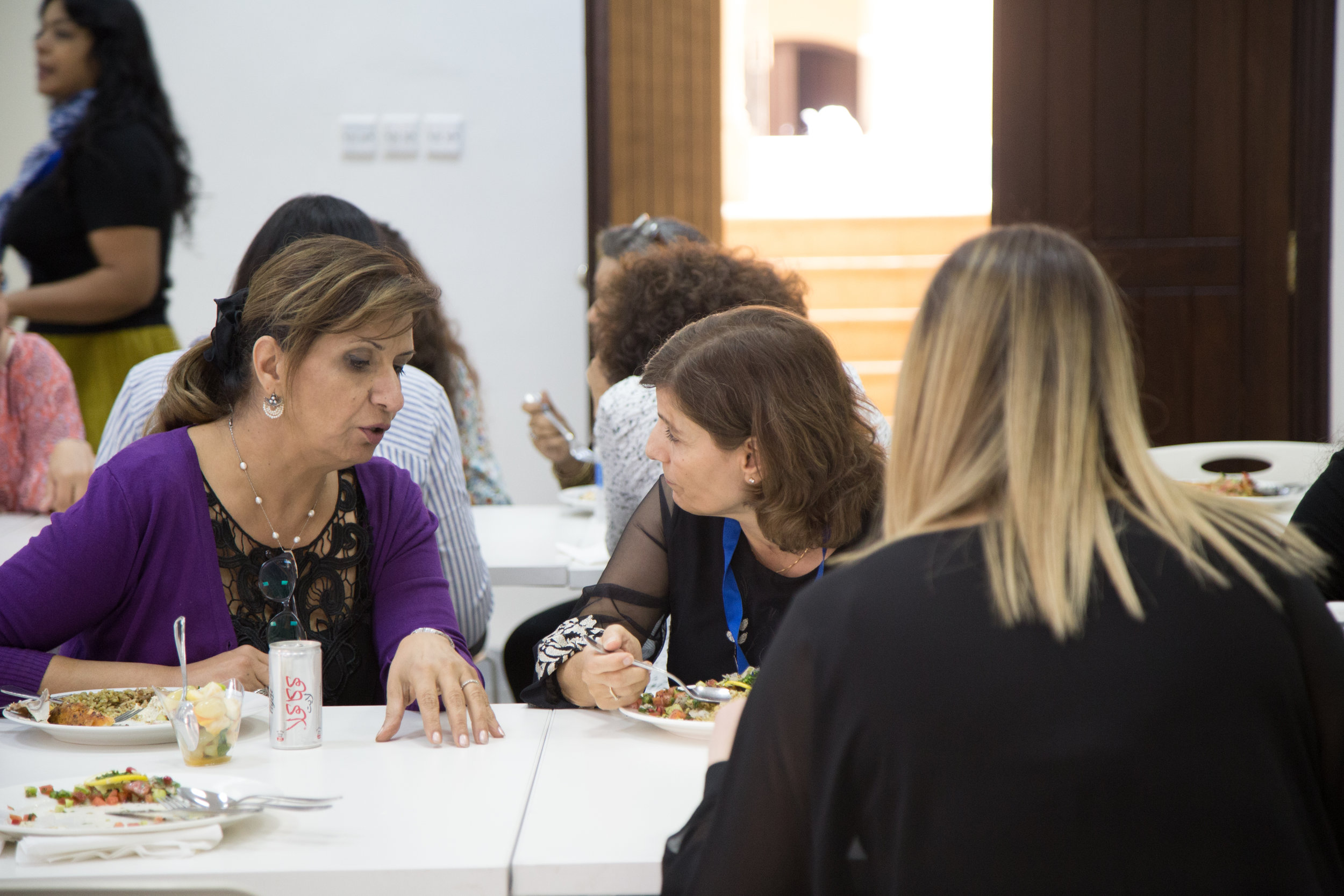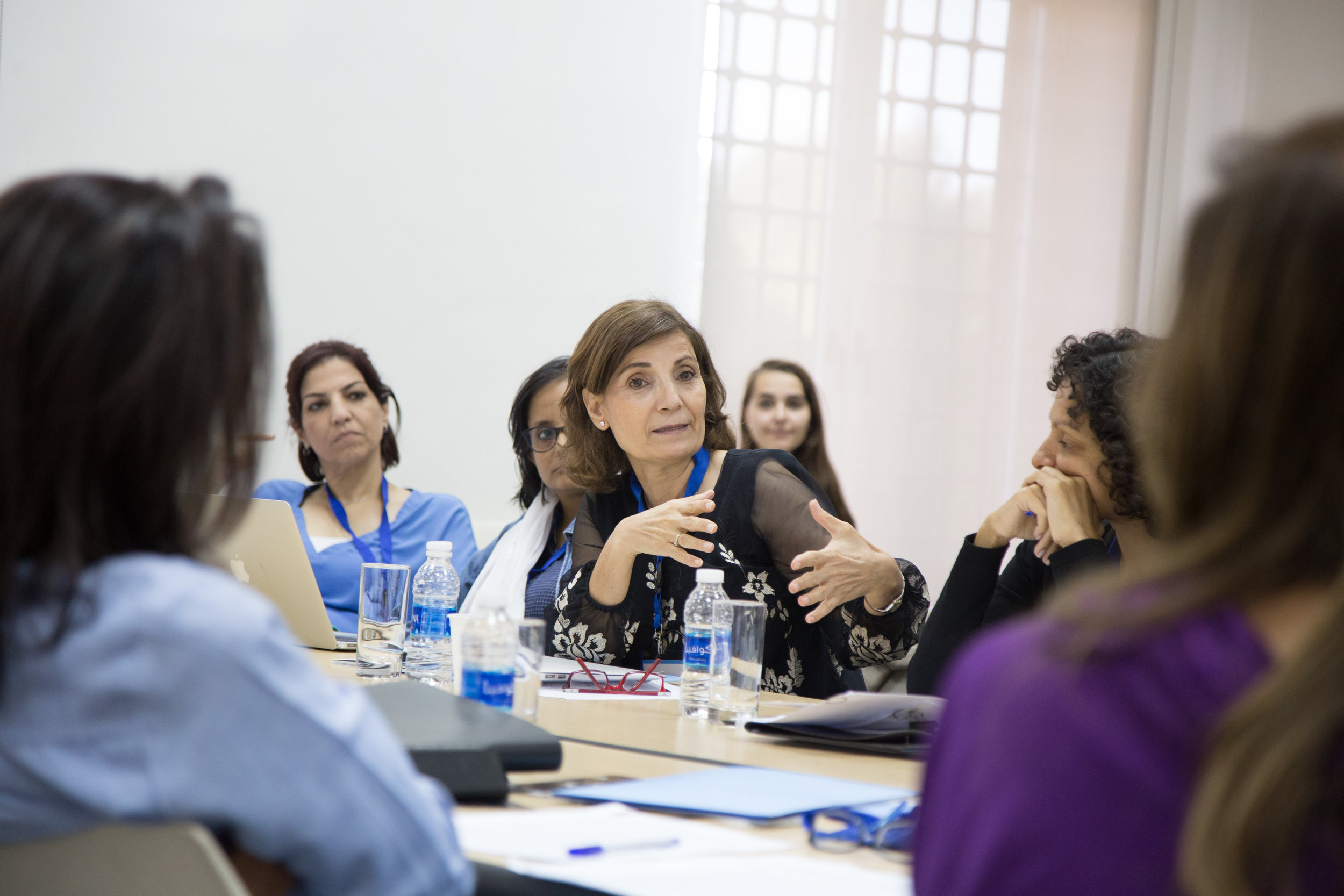
The Zip Code Memory Project seeks local participants for collaborative art-based project
The Zip Code Memory Project is seeking to bring together collaborative groups representing the diversity of our Washington Heights, East Harlem, Central/West Harlem, and South Bronx communities.
The Zip Code Memory Project seeks participants!
Do you live and/or work in Washington Heights, East Harlem, Central/West Harlem, or the South Bronx?
Want to participate in a creative project to explore the impact of the Covid-19 pandemic on you and your community?
Let’s mourn our losses, envision new futures, and re-imagine our neighborhoods through paths of hope.
Join us as we:
Walk through our streets together to remember our loved ones as we tell stories about them.
Use and take photos to create stories, memorial stamps, postcards, and scrapbooks to share with others.
Engage in acting exercises to help us build trust and community.
This collaborative art-based project is envisioned to help us heal from the devastation of the Covid-19 pandemic, and its unequal effects on our communities. Through workshops and public events we will acknowledge the trauma, grief, and loss of the pandemic while celebrating and, we hope, energizing the spaces we live in.
We are seeking to bring together collaborative groups representing the diversity of our community with regard to age, race/ethnicity, citizenship status, physical ability, educational level, language, and types of
work.
The Zip Code Memory Project is sponsored by Columbia University and the Henry Luce Foundation in collaboration with a number of local community, education, and arts organizations.* There is no cost to participants. All will receive a signed certificate from the Zip Code Memory Project and its affiliated institutions upon completion.
Open to Community Members who:
Live and/or work in Washington Heights; East Harlem, Central/West Harlem, or the South Bronx:
Are at least 18yrs old or older to participate
Are willing and able to participate in four weekends of afternoon workshops over a 9-month period Oct-June, 2021-2022
Interested in participating?
Email us: zipcodememoryproject@gmail.com
MORE INFORMATION HERE.
Save the Date for Columbia Giving Day! October 23, 2019
This Columbia Giving Day, stand for scholars, artists, and activists working together across disciplines.
Masha Gessen, Marianne Hirsch, and Lyndsey Stonebridge at the CSSD Anniversary Symposium
This Columbia Giving Day, stand for scholars, artists, and activists working together across disciplines.
The Center for the Study of Social Difference (CSSD) relies on individual donations to power the impact of our interdisciplinary research. Wednesday, October 23 is Columbia Giving Day 2019, and you can contribute to two funds that support the work of CSSD:
Center for the Study of Social Difference fund - supports all of the faculty research, programming, public impact, and work on social justice issues at the Center, which houses the Women Creating Change initiative
Women Creating Change fund - specifically supports our projects and programs with a focus on contemporary global problems affecting women and on the roles women play in addressing these problems
Learn more and save the date HERE.
Keeanga-Yamahtta Taylor and Jack Halberstam at the CSSD Anniversary Symposium
Participants in the Valor Y Cambio project of CSSD working group Unpayable Debt
NYTimes article on the importance of the work of academics in Turkey
The work of CSSD fellow Ayse Gul Altinay, among others, is highlighted.
CSSD colleague Ayse Gül Altinay, Professor of Anthropology and Director of the Gender and Women’s Studies Center at Sabanci University in Istanbul, Turkey, was sentenced to 25 months in prison earlier this year. The important work of Ayse Gul Altinay is highlighted in a piece in The New York Times this week. Full article here.
"The work of academics has been critical to the process, piecing together more complete histories to promote understanding and basic human rights. The ongoing repression will cost future generations knowledge that is vital not only to overcoming past trauma, but also to easing the perpetuation of conflict."
Center for the Study of Social Difference Featured In The Record
The Center for the Study of Social Difference (CSSD) is highlighted in the university's monthly newspaper The Record on its tenth anniversary.
A recent article by Columbia University newspaper The Record highlights the Center for the Study of Social Difference (CSSD) and its decade long commitment to supporting research on the effects of gender, race and other areas of inequality in a global context. The article describes the center as a "home for faculty from across the University to collaborate on interdisciplinary projects that come up with creative, progressive solutions to those problems."
The article, which is published in the tenth anniversary year of CSSD and the fifth anniversary of CSSD initiative Women Creating Change, features comments from current CSSD Director Marianne Hirsch, who discusses the importance of asking questions in a global comparative frame and collaborating closely with Columbia’s Global Centers.
The newspaper also highlights the Center's 10th Anniversary symposium, "What We CAN Do When There’s Nothing to Be Done: Strategies for Change," featuring discussions about protests and social movements, migrants and refugees, and the role of the arts in political activism.
Read the full article here.
CSSD Recognizes the 61st Birthday of Imprisoned Activist Osman Kavala
Participants and attendees gathered at the conclusion of CSSD’s anniversary symposium to send wishes to Anadolu Kültür Executive Board Chair and activist Osman Kavala.
Attendees of the anniversary symposium of the Center for the Study of Social Difference (What We CAN Do When There’s Nothing To Be Done) were among artists, activists, journalists and family members in Istanbul and London wishing imprisoned Turkish activist Osman Kavala a happy birthday on September 28, 2018. Kavala, the Executive Board Chair of Anadolu Kültür, referred to as the Soros of Turkey, has been incarcerated in Turkey since the first of November last year after being arrested in October of 2017 at İstanbul Atatürk Airport. His arrest has garnered international indignation, with many calling for his immediate release.
CSSD symposium audience members, panelists, and organizers alike stood below a picture and birthday message of Kavala that read, “Osman Kavala has taught us what we can do when there’s nothing to be done.” This was in addition to participant support of a statement entitled #WhatWeCanDo released at the close of the conference listing the resolutions of the symposium to advance social justice.
Read more about birthday greetings sent to Osman Kavala here.
Rebecca Traister featured in New York Times Sunday Review
Panelist from the fifth anniversary celebration of Women Creating Change at the Center for the Study of Social Difference publishes feature in advance of release of her book Good and Mad: The Revolutionary Power of Women’s Anger.
“Fury Is a Political Weapon,” an Opinion piece by Rebecca Traister, is featured on the front page of the September 30, 2018 print New York Times Sunday Review. The full article can be read here.
Rebecca Traister, whose new book Good and Mad: The Revolutionary Power of Women’s Anger will be published by Simon & Schuster on October 2, 2018, was panelist at the 5th anniversary celebration of Women Creating Change at the Center for the Study of Social Difference last Thursday evening.
Statement released by participants and attendees of the CSSD anniversary symposium
At the close of What We CAN Do When There’s Nothing To Be Done on September 28, 2018, conference members released a statement and group photo.
September 28, 2018 at What We CAN Do When There’s Nothing To Be Done: Strategies For Change
#WhatWeCanDo
A Conference Statement
September 28, 2018
We – several hundred students, teachers, writers, artists, activists, scholars, community members, privileged and disempowered alike— gathered together today to think, reflect, and act on the theme of “What We Can Do When There’s Nothing To Be Done,” for the tenth-year anniversary symposium of the Center for the Study of Social Difference at Columbia University.
We spent the day together critically thinking about what we can do to advance social justice through various forms of intellectual work, artistic creation, political action and modes of protest.
All the while, we have felt outraged at the political developments in this country, just outside these walls.
We protest the disrespect and disregard for women displayed by Republican men on the Senate Judiciary Committee and by the current administration more generally.
We strongly oppose the possible confirmation of Judge Brett Kavanaugh to the Supreme Court.
We are horrified by the structures that promote a man accused of violently assaulting women and who supports policies that violate the rights of so many people. Judge Kavanaugh’s confirmation hearings raised many red flags about his suitability for the court, ranging from his incomplete financial disclosures to the extreme partisanship unbefitting a judge and the egregious lack of judicial temperament he displayed.
We are heartened that the confirmation vote has been delayed and we demand that the FBI investigation be unhurried, unbiased, and thorough.
We pledge to act to oppose his confirmation.
We are committed to justice for all.
#WhatWeCanDo
Five principles emerged from our conference discussions, and we pledge to carry these with us beyond the privileged bounds of the space we occupied on Friday. This is both a call to action and a reminder that action can be taken:
1. We CAN do something, even when there seems to be nothing to be done.
2. If capable, we can and should utilize our privilege and the spaces we occupy to facilitate resistance, even in the face of presumed hopelessness or pessimism (the two are not to be conflated).
3. We acknowledge the power of small gestures to lead to acts – to lead to movements.
4. We will “resist temptation to return things to normal.”
5. “To change the world we must also be changed.”
Inga Winkler to speak at UN High-level Political Forum on Sustainable Development
Director of CSSD working group Menstrual Health and Gender Justice to discuss opportunities to advocate for menstrual health with panelists from Kenya and Bangladesh.
Dr. Inga Winkler, Director of newly-launched CSSD working group Menstrual Health and Gender Justice, will speak on a panel titled "Putting Menstrual Health on the 2030 Agenda" at a side event of the 2018 United Nations' High-level Political Forum on Sustainable Development.
This panel discussion, with Irene Gai (Programme Coordinator, Kenya Water for Health) and Mahbuba Kumkum (Programme Manager Ritu at Simavi, Bangladesh) will take place on July 11, 2018 at 10am at the Millennium Hilton New York One UN Plaza, 1 United Nations Plaza, New York, NY 10017, and will be moderated by Hilda Alberda (Director PMEL, Menstrual Health Expert at Simavi, The Netherlands).
A live stream of the event will be available here.
Professor Jack Halberstam receives honorary doctorate
Director of CSSD working group Queer Theory is awarded an honorary doctorate from Lund University.
Jack Halberstam, Professor of Women, Gender, and Sexuality Studies and English at Columbia University, and Director of the CSSD working group Queer Theory: Here, Now, and Everywhere, has been awarded an honorary doctorate from Lund University in Sweden for his work on the fluid boundaries of gender in society. Professor Halberstam accepted the honorary doctorate in a ceremony on May 25, 2018. More information available here.
Queer Theory: Here, There, and Everywhere is a CSSD working group to discuss, debate and investigate the politics of sexuality and gender in a global frame.
RGFGV announces second Media Fellowship Competition
CSSD Project Religion and the Global Framing of Gender Violence announces its second Media Fellowship Competition.
CSSD Project Religion and the Global Framing of Gender Violence announces its second Media Fellowship Competition. The second of two reporting grants hosted by the project, this cycle will focus on South Asia. Previous Media Fellows were: Yasmin el Rifae, Nafeesa Syeed, and Samira Shackle.
The full announcement is available here.
New Yorker article about the work of Jennifer Hirsch on the SHIFT project at Columbia
The work of Jennifer Hirsch, co-director of the CSSD project Reframing Gendered Violence, is featured in an article by New Yorker staff writer Jia Tolentino. This work was discussed at the October 5, 2017 CSSD event Beyond Prevalence.
Jia Tolentino has published an article entitled "Safer Spaces" in the February 12 & 19, 2018 print issue of New Yorker magazine. In this article, Tolentino highlights the work of Jennifer Hirsch, co-director of CSSD project Reframing Gendered Violence (RGV), on the SHIFT program at Columbia. SHIFT is a comprehensive research project that examines the many factors that shape sexual health and sexual violence for undergrads at Columbia.
You can read the full New Yorker article online here.
In October 2017, Professor Hirsch convened a panel discussion called Beyond Prevalence: The Next Generation of Research on Campus Sexual Assault, as part of the RGV project at CSSD. A video of that event can be found on the CSSD YouTube channel here.
New blog post from Precision Medicine working group about research of Dr. Kadija Ferryman
On November 20, 2017, Kadija Ferryman discussed her Fairness in Precision Medicine project with the Precision Medicine: Ethics, Politics, and Culture CSSD working group
Kadija Ferryman’s talk on November 30, 2017 for the Precision Medicine: Ethics, Politics, and Culture CSSD working group drew from her post-doctoral project, “Fairness in Precision Medicine,” a study on which she is co-PI with danah boyd at the Data and Society Institute.
You can read the full post, written by Precision Medicine graduate fellows Larry Au and Jade H. Tan, here.
Frances Negrón-Muntaner Interviewed by EuropeNow
Co-director of the CSSD project Unpayable Debt, Frances Negrón-Muntaner, is interviewed by EuropeNow as part of their special feature on Diversity, Security, Mobility: Challenges for Eastern Europe.
Frances Negrón-Muntaner was interviewed by EuropeNow as part of their special feature on Diversity, Security, Mobility: Challenges for Eastern Europe.
In the interview, Negrón-Muntaner discusses her interest in creating archives, especially for marginalized groups, as sources for community building, collective memory, and the production of new knowledge and complex stories. She also details her work creating an archive in the digital space and discusses her contribution to the Roma Peoples Project, an initiative that spotlights Roma peoples and expands Roma studies.
Frances Negrón-Muntaner is co-director for the CSSD project Unpayable Debt: Capital, Violence, And The New Global Economy.
Judith Butler and Başak Ertür write for The Guardian about situation in Turkey
Judith Butler and and Başak Ertür, fellows in the CSSD project Rethinking Vulnerability and Resistance, have written an opinion in support of those who signed the Academics for Peace position in Turkey in January 2016.
Judith Butler and and Başak Ertür, fellows in the CSSD project Rethinking Vulnerability and Resistance: Feminism and Social Change, have written an opinion for The Guardian in support of those who signed the Academics for Peace position in Turkey in January 2016. Trials of these signatories began last week in Istanbul. Read the article here:
"In Turkey, academics asking for peace are accused of terrorism"
Gayatri Chakravorty Spivak Receives Lifetime Scholarly Achievement Award from MLA
The Modern Language Association (MLA) has awarded Gayatri Chakravorty Spivak, co-director of CSSD project The Rural-Urban Interface, the eighth MLA Award for Lifetime Scholarly Achievement.
The Modern Language Association (MLA) has awarded Gayatri Chakravorty Spivak, University Professor of Humanities at Columbia University and a founding member of CSSD affiliate the Institute for Comparative Literature and Society, the eighth MLA Award for Lifetime Scholarly Achievement. Professor Spivak is a member of the Executive Committee of the Center for the Study of Social Difference (CSSD) and a co-director of the CSSD project The Rural-Urban Interface: Gender and Poverty in Kenya and Ghana, Statistics and Stories.
The MLA Executive Council selected Spivak for the award on the recommendation of the Lifetime Scholarly Achievement Review Committee and the Committee on Honors and Awards. Having first attracted acclaim for her translation of and magisterial preface to Jacques Derrida’s Of Grammatology (1976) and her landmark article “Can the Subaltern Speak?” (1983), Spivak has influenced postcolonial studies, international feminism, postructuralist philosophies, critiques of globalization, as well as art and curatorial practices. She is also an activist in feminist and ecological social movements and rural education. In addition to receiving numerous honorary degrees, she has been awarded the Kyoto Prize in Arts and Philosophy and the Padma Bhushan, given by the Indian government. The Award for Lifetime Scholarly Achievement will be presented to Spivak during the MLA Awards Ceremony at the January 2018 convention.
Read the award announcement on MLA Commons here.
Columbia University faculty sign a statement to the Turkish government to free Osman Kavala
Statement is signed by Columbia faculty including CSSD Director Marianne Hirsch and published on osmankavala.org
Columbia University faculty, including CSSD Director Marianne Hirsch, urge the Turkish government to free Osman Kavala immediately and to drop all charges against him.
Read the full statement here, on osmankavala.org
Women Mobilizing Memory Fellow Alisa Solomon publishes "What Does It Mean to Remember AIDS?"
The day before World AIDS Day 2017, Women Mobilizing Memory Fellow Alisa Solomon publishes an article in The Nation reflecting on how we remember AIDS and its impact.
The day before World AIDS Day 2017, Women Mobilizing Memory Fellow Alisa Solomon published an article in The Nation reflecting on how we remember AIDS and its impact: "What Does It Mean to Remember AIDS?" Read the full article here:
"What Does It Mean to Remember AIDS?"
Alisa Solomon is co-editor of the forthcoming Women Mobilizing Memory book resulting from the research of this CSSD working group.
Video now available for "Gender and the Technologies of State Violence" panel
Watch presentations from Sherene Razack, Nadera Shalhoub-Kevorkian, and Miriam Ticktin. Part of the Reframing Gendered Violence project at CSSD.
On November 16, 2017, as part of its Reframing Gendered Violence working group, the Center for the Study of Social Difference presented "Gender and the Technologies of State Violence" in Case Lounge at Columbia Law School, with support from the Dean of Humanities and the Center for Gender and Sexuality Law at Columbia University.
You can now watch a video of this panel, featuring Sherene Razack (Department of Gender Studies, UCLA), Nadera Shalhoub-Kevorkian (Law School, Hebrew University; International Visitor, Columbia Law School), and Miriam Ticktin (Department of Anthropology, New School University) and moderated by Lila Abu-Lughod (Columbia University) on the CSSD YouTube channel here.
CSSD Project on Religion and the Global Framing of Gender Violence Convenes Workshop in Amman
A project of Columbia University’s Center for the Study of Social Difference, “Religion and the Global Framing of Gender Violence” (RGFGV), held a two-day workshop in September to explore and debate critical developments in the global framing of gender-based violence.
CSSD Project on Religion and the Global Framing of Gender Violence Convenes Workshop in Amman
Columbia Global Center | Middle East, Amman
A project of Columbia University’s Center for the Study of Social Difference, “Religion and the Global Framing of Gender Violence” (RGFGV), held a two-day workshop in September to explore and debate critical developments in the global framing of gender-based violence. The participants were a mix of anthropologists, sociologists, journalists, legal scholars, development professionals, and women’s rights advocates all working on violence, feminist advocacy, and representations of Muslims and Islam. They drew on their research to address the guiding question: What role does religion—and particularly Islam—play in naming, framing, and governing violence against women (VAW) and gender-based violence (GBV)? Six themes structured the panels: Framing Islam, The Politics of Experience, Challenging Media Frames, Placing and Misplacing Blame, Pressures on Feminist Governance/ Strategies of Women’s Activism, and Reflections on Activism on the Ground.
Combating gender based violence (GBV) has emerged as a powerful agenda in international governance, national politics, and feminist and queer activism across many contexts. Dominant narratives about gender and GBV in certain regions assume that religion, often cloaked in the language of “culture” or “ethnic difference,” plays an important role. Continuing a tradition in projects at CSSD, RGFGV brought together critical thinkers and researchers working in the Middle East and South Asia, two regions where this narrative association is especially strong. They tackled issues as diverse as “child marriage” debates in Bangladesh (Siddiqi), controversies in India over women’s entry to shrines (Contractor), the politics of women’s activist organizations and influence of international agencies in now sectarian Iraq (Ali), Jordan (Ghosheh), and besieged Gaza (Hammami), reporting on gender violence in revolutionary Egypt (El-Rifae) and Occupied East Jerusalem (Shalhoub-Kevorkian), legal struggles over rape law in Jordan (Al-Khadra, Aziz), personal meanings of sexual violence for political prisoners in Iran (Talebi), the targeting of Muslim minorities in Europe (Shackle, Syeed), and even the role of GBV in U.S. Executive Orders and the counterterrorism industry (Volpp, Abu-Lughod).
Moving beyond the assumption that GBV is a universal phenomenon, the group historicized the production, applications, and implications of the term. When and how did GBV gain traction as the highly productive, powerful global concept it is today? In what ways does it bring into focus violence against certain bodies or by certain bodies while removing other violence and perpetrators from the scene? A central concern for the group was looking at what violence (and by whom) is not considered GBV. Many of the papers and discussions addressed these questions by carefully interrogating how the concept operates under specific formations of state violence that play out in the contemporary global political economy. Violence that occurs under settler colonialism or under regimes of state economic or military violence are rendered invisible by current definitions of GBV. How does blaming culture or religion for violence contribute to this invisibility?
Two of the presentations showed starkly how religion, and particularly Islam, has been implicated in staging a particular understanding of what constitutes GBV so that it can be deployed by wider geo-political projects. In January 2017, Donald Trump issued an executive order titled “Protecting the Nation from Foreign Terrorist Entry into the United States” often referred to as “the Muslim ban.” Leti Volpp analyzed the implications of its identification of “honor killings” as a problematic practice by “foreign nationals” and the mandate to collect data on cases labeled as such. Concurrently, women are being called to engage in countering violent extremism (CVE) efforts. Lila Abu-Lughod explored the way the global counterterrorism industry paints (Muslim) women as both the victims of extremism and uniquely positioned to combat it within their own communities, giving rise to demands for gender mainstreaming and inclusion in a deeply problematic enterprise.
The disciplinary and professional diversity of the working group led to intense discussion of the narratives and framing of GBV and its relationship to Islam, revealing surprising commonalities across contexts and sparking intellectual synergies. Three Media Fellows had been selected from an international pool to join the RGFGV project. Before setting off on their individual reporting research in the region–in Egypt, Djibouti, and Erbil, the journalists participated in the workshop. Discussing problems of reporting on aspects of gender or Islam in the Middle East and Europe, they gave concrete examples they had faced in terms of “framing” the issues; a central theme that emerged in the workshop. Their professional experiences showed how American and European media standards constrain and drive the narratives that get media exposure, creating dilemmas especially when reporting on GBV. For example, covering a positive story on Muslim women can end up reproducing Orientalist assumptions in the realm of public opinion.
Rema Hammami, an anthropologist who faced similar problems representing domestic violence in the Middle East offered her own “how to report on GBV” list: individualize specific men as perpetrators; treat horror stories as unique; highlight women’s agency and homegrown solutions; show cases of modernity as the problem and tradition offering solutions. Others added: show how the category and many of the practices that fall under GBV are tied to contemporary state institutions, political economic conditions, and dynamics such as war-induced migration.
The varied backgrounds of the workshop participants also led to a consensus that exploring governance and resource distribution are key to understanding the global GBV agenda. Why do issues suddenly surface as resourced research questions? How are academic studies, activism, and governmental concern shaped by geopolitical developments? Who are the players and the experts? Who is not served by these agendas? Mapping the emergence of what Abu-Lughod called securofeminists in the counterterrorism industry or exposing the shadowy forces backing the U.S. Republican obsession with “honor killing” provides evidence of how feminists and politicians are profiting, politically and financially, from conjoining Islamophobia and GBV. In contexts of wars and occupation, resources assigned to “saving Muslim women” have often led to increased militarization with harmful consequences for women and others, including the suppression of dissent, the ahistoricization and de-contextualization of GBV and the undermining of local women activists. Hammami’s analysis focused on how international humanitarianism privileges resources for anti-GBV pedagogy amid the destruction and destitution of Gaza enabling it to colonize local activisms, misrepresenting activists’ calls to the world while undermining more relevant local projects. Her account provided sobering evidence of how the global GBV agenda can place “off-limits” urgent demands for political justice and transformation by populations subjected to acute forms of state violence.
A political economy of fear that dehumanizes certain populations according to their religious, racial, or cultural backgrounds shapes many of the contexts of violence in the regions the workshop discussed. This political economy of fear justifies material resources that fund the global GBV agenda, embedding racism, sectarianism, and imperial interests in too many of the programs meant to combat gender violence. Cross-regional discussion of humanitarian GBV, the NGO-ization of gender issues, and the politics of international aid revealed how political violence gets occluded by the human rights framework in which GBV and VAW are situated. Local development practitioners, legal advocates, and activists in the group (Aziz, Haram, Ghandour, Ghosheh) gave disturbing evidence of the influence of donor culture in the work they are attempting to do. They insisted on the agency of actors on the ground and detailed the complex, and often contradictory, political, theoretical, and structural issues they must negotiate.
Sara Ababneh drew attention to the ways feminist methodology, active listening, and attentiveness to experiences of women and girls could contribute to more robust definitions of GBV. The position of the girl child was given careful attention. How do historical and present contexts of colonization dictate legal and social policies to protect her or to oppress her? In Bangladesh, Dina Siddiqi described the way donors and local feminists may, in the name of protection or productivity, be undermining girls’ sexual agency. In Occupied East Jerusalem, as Nadera Shalhoub-Kevorkian demonstrated, the sacralized theology of the Israeli state frames girls as security threats in order to justify bodily harm and suppression of their rights. In Jordan, legal advocates have been debating the merits of laws about marrying one’s rapist, given the structure of current alternatives. To what extent should the voices of girls and women be used to define and redefine GBV?
Participants were exhilarated by the honest critical exchange of experiences, ideas, and knowledge during this workshop. They shared a commitment to advancing understanding of the challenges faced by those who feel the urgency of addressing gender violence. The workshop closed with two memorable activities: invitations to a private viewing of Widad Kawar’s collection of Palestinian and Jordanian women’s dress at Tiraz and a dinner hosted by Nissreen Haram to introduce the group to the wider dynamic scene in Amman of lawyers, artists, scholars, politicians, activists, social philanthropists, and entrepreneurs.
Supported by a grant from the Henry Luce Foundation, RGFGV partnered with the Columbia Global Center | Middle East, Amman for this workshop. CSSD projects on Women Creating Change are committed to internationalizing scholarship and knowledge. Previous projects such as Women Mobilizing Memory, Gender and the Global Slum, and Social Justice after the Welfare State have partnered with Columbia’s Global Centers in Istanbul, Mumbai, and Paris to further this goal. RGFGV is co-directed by Lila Abu-Lughod, Rema Hammami, Janet Jakobsen, and Nadera Shalhoub-Kevorkian. For the workshop program, click here.
This report contributed by Joymala Hajra.
Paige West wins Columbia University Press Distinguished Book Award
The 2017 award goes to CSSD Project Director Paige West for Dispossession and the Environment.
The Columbia University Press Distinguished Book Award is funded by the office of the Provost. It will be awarded annually by the Press to a book by a Columbia University faculty member that brings the highest distinction to Columbia University and Columbia University Press for its outstanding contribution to academic and public discourse.
The 2017 award winner is Dispossession and the Environment: Rhetoric and Inequality in Papua New Guinea, by Paige West, Claire Tow Professor of Anthropology, Barnard College, Columbia University. Professor West is a Project Director for CSSD project Pacific Climate Circuits: Moving Beyond Science, Technology, Engineering, and Economics.
About Dispossession and the Environment:
When journalists, developers, surf tourists, and conservation NGOs cast Papua New Guineans as living in a prior nature and prior culture, they devalue their knowledge and practice, facilitating their dispossession. Paige West’s searing study reveals how a range of actors produce and reinforce inequalities in today’s globalized world. She shows how racist rhetorics of representation underlie all uneven patterns of development and seeks a more robust understanding of the ideological work that capital requires for constant regeneration.









